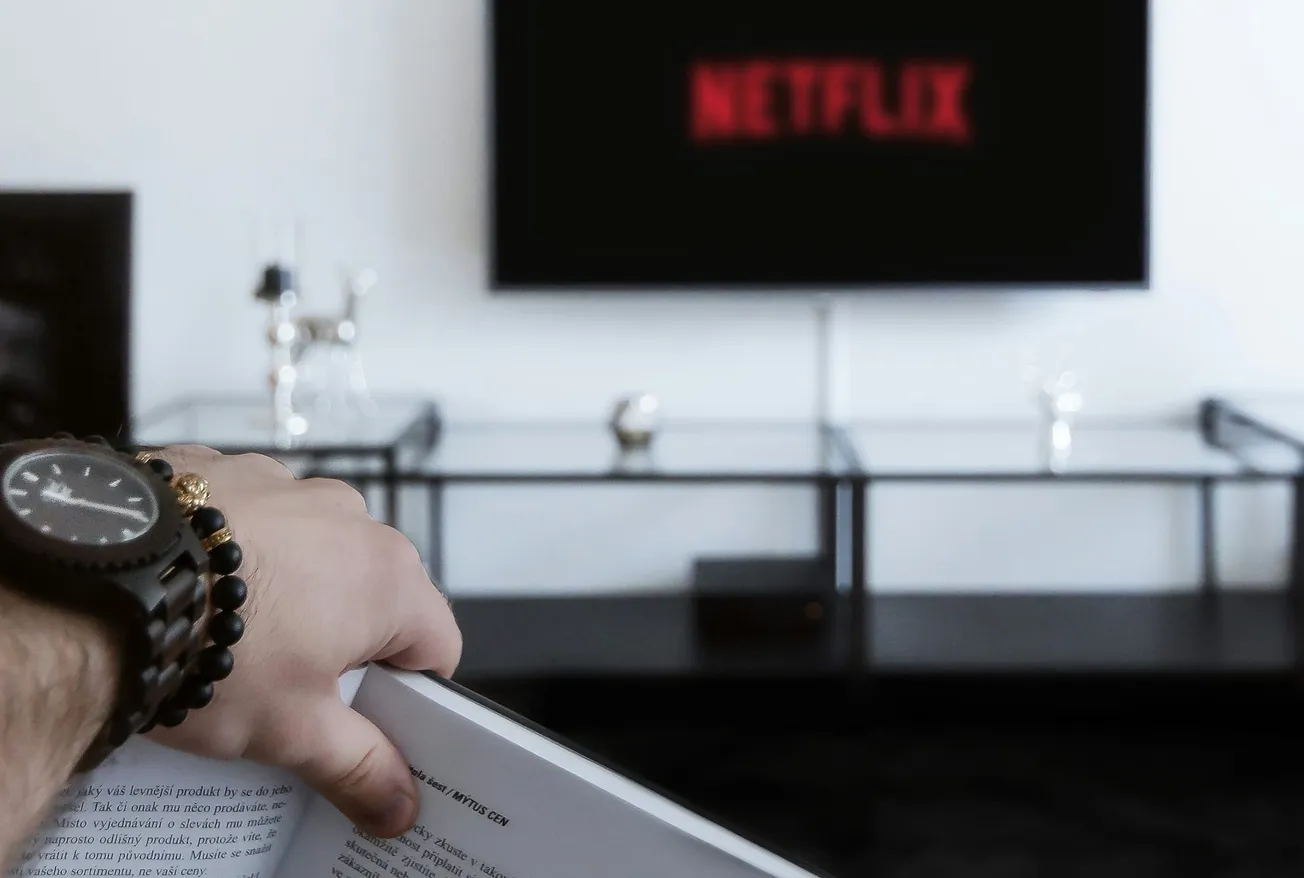Table of Contents
Just like you need great post accountants for your production, you need production counsel or you’re risking problems down the road with labor, permits, copyrights, and financials that will sink your production.
We talked to Michael A. Tenzer, Esq., who leads the Law Offices of Michael Tenzer, P.C., along with his partner, Aline Grunwald, about how production teams should be working with counsel.
If you’ve read our newsletter before, you’re going to notice a common theme from our interviews: If you let your post accountants, counsel, location scouts, and other service providers help you by coming to them early with problems and questions, your production will be better. Maximize your investment.
According to Tenzer, here are the four areas where good counsel will make your life much easier—and your project delivery smoother and cheaper:
Contracts: You don’t have the time or expertise to be writing and reviewing contracts with crew, actors, and writers, and you shouldn’t be taking point on union interactions. Counsel can take that off your plate and avoid disputes over compensation, rights, and responsibilities. To avoid misunderstandings, entertainment lawyers ensure that contracts are sound and accurately represent the production’s goals and protect downstream rights issues. Negotiation with assistance from an entertainment lawyer results in more favorable contracts and agreements for the production.
Intellectual Property Rights: Producers need to protect the intellectual property associated with their production, including copyrights and trademarks—and protect themselves from infringement claims. Production counsel can assist with trademark and copyright registrations, ensuring the producer has control over the production’s rights and distribution needs. This is all getting even messier with AI use increasing, so it’s even more important to have a professional involved who can protect the right rights.
Clearances, Location, and Licensing: Infringement claims can be avoided by obtaining the necessary permits and licenses for filming locations, music, stock footage, branded material in shots, and other copyrighted materials. Entertainment lawyers help producers secure the correct permissions for any licensed materials used in the production. Knowing where and when the production will end up will help determine what rights are needed for long term uses. Talk with your counsel early and often.
Legal and Labor Compliance: Legal assistance is necessary to protect productions from issues related to HR, defamation and invasion of privacy. Lawyers help a producer stay on top of industry regulations and legal requirements to keep the production in agreement with the law.
According to Tenzer, the most important thing for producers to understand is to view the counsel as part of the team, not a last resort, in order to get the most value:
Your production counsel is kind of a jack of all trades. An advisor. But if you don't include me early enough in decisions or questions or plans, I can't help give you guidance.... If a producer just treats me like a necessary evil and doesn't include me or let me know anything until the absolute last minute with the least amount of information, you kind of get that back in return. But if you're collaborative and you include counsel and you treat them like part of the team, then you get a real team effort from that.
Any experienced producer will tell you stories about how the lawyers saved their production. Yes, it may increase upfront costs and complexity, but that investment will pay dividends on the back end. We go back to the old adage: "An ounce of prevention is worth a pound of cure”—and Tenzer notes that most of his deals are a flat fee anyway.
So bring in a production counsel that fits your style, and consult them early and often.








